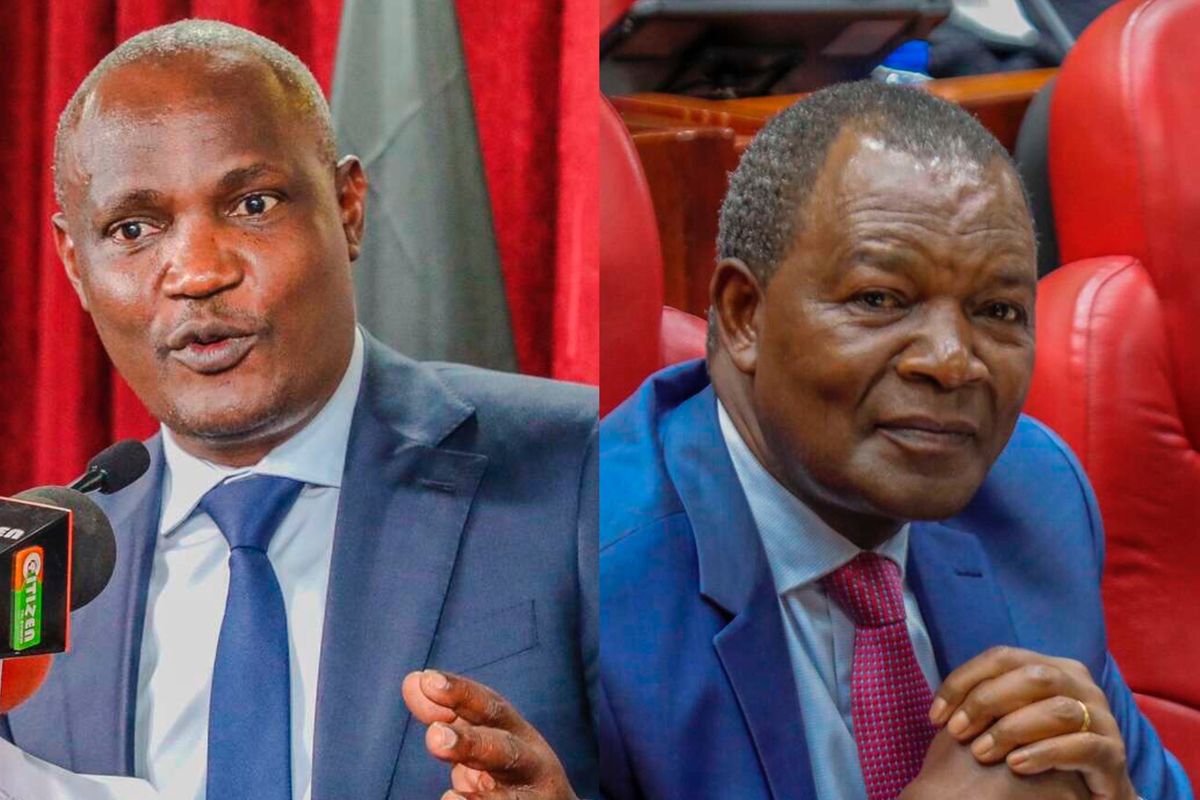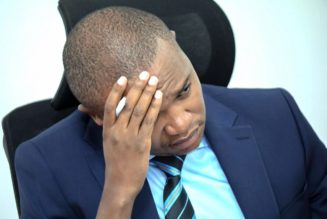
The Treasury has issued conflicting guidelines on how seized proceeds of crime will be managed, setting the Office of the Director of Public Prosecutions (ODPP) and the Assets Recovery Agency on a collision course.
Last week, Treasury Cabinet Secretary John Mbadi published regulations on the Public Prosecutions Fund which, among other things, will be used to “support and facilitate the tracing, forfeiture or recovery of assets.”
It also seeks to offer guidelines on how the seized assets will be utilised.
The ODPP will be the main player in the operations of the Public Prosecutions Fund and have bigger stake in the board of yet to be established fund.
The Public Finance Management (Public Prosecutions Fund) Regulations, 2024 published by Mr Mbadi contrasts with those published earlier by his predecessor, Njuguna Ndung’u.
Prof Ndung’u published the Proceeds of Crime and Anti-Money Laundering (Criminal Assets Recovery Fund) Regulations, 2023 on October 6, outlining how the fund will use assets forfeited in the wake of illicit financial dealings.
The chief administrator of the Criminal Assets Recovery Fund is the Assets and Recovery Agent (ARA).
This places the Ndung’u-backed fund, whose final regulations were published in October last year, in conflict with the Mbadi one—which also seeks to use proceeds of crime to facilitate witness expenses, boost the capacity of the ODPP and support international cooperation and legal mutual assistance.
The Ndung’u-backed fund sought to use the forfeited funds in supporting the ARA and the Financial Reporting Centre—which tracks illicit flow of cash. Any excess cash was to be invested in government bonds.
The ARA’s role is combating money laundering, terrorist financing, and proliferation financing through identification, tracing, freezing, seizure, and confiscation of proceeds of crime.
Sources close to the ODPP sought to explain that while the Public Prosecutions Fund will deal with “criminal forfeiture”, the ARA only handles “civil forfeiture.”
The State has either frozen or seized hundreds of millions of shillings in bank accounts and confiscated assets such as homes, land and luxury cars from suspects.
In the past, taxpayers have failed to benefit from the seized assets, with land and homes remaining unused and cash lying idle in banks due to lack of laws guiding their use.
Movable assets like cars have been lying at police stations as their value depreciates, making it difficult to auction them.
In the five years to June 2023, the Ethics and Anti-Corruption Commission (EACC) recovered public assets worth Sh37.3 billion, with over a third of the seized properties coming in the year ending June 2020.
In the financial year ending June 2023 alone, the EACC traced public assets worth Sh6.6 billion and recovered others worth Sh3.8 billion.
In the explanatory memorandum, Mr Mbadi said the ODPP faced several challenges, including new and emerging crime trends and technological advancement as well as the complexity in the administration of justice arising from constitutional requirements, new laws, human rights considerations, and diversity in criminal activity and international circumstances.
“Towards this end, the ODPP has deployed several measures in the fight against graft and other transnational organised and complex crimes. The ODPP is not only determined to prosecute suspects but also to recover stolen funds and proceeds of crime for the benefit of the Kenyan people,” said Mr Mbadi.
“The proceeds of crime that have unlawfully acquired will be traced, recovered, confiscated, and restored through plea bargaining, diversion, deferred agreements, compensation, and restitution.”
The Cabinet Secretary said that the Public Prosecution Fund would receive these proceeds of crime and use them for supporting the criminal justice system in Kenya.
The membership of the board of the Public Prosecution Fund includes the Director of Public Prosecutions, the Treasury’s Principal Secretary, the Attorney-General and the Inspector-General of Police.
Other board members are the head of the executive of the ODPP, Secretary of the Prosecution Services and an advocate of the High Court with 10 years’ experience nominated by the Law Society of Kenya and appointed by the Treasury Cabinet Secretary.
For the Ndung’u backed-fund, the ARA as the administrator shall open and operate bank accounts for the Fund with the approval of board and the Treasury.
Established in 2003, the ARA has also gone after proceeds of wildlife and drug trafficking, freezing and later seizing assets worth billions. The assets have included luxurious cars, high-end apartments, prime land and cash.
Until last year, much of the recovered cash remained in commercial bank accounts as the country did not have a legal framework to manage proceeds of crime.
Both funds are allowed to invest money in the fund, including buying government papers.
The ODPP, on which all the prosecutorial powers are vested, is in charge of criminal prosecutions, including cases from agencies such as the EACC.









